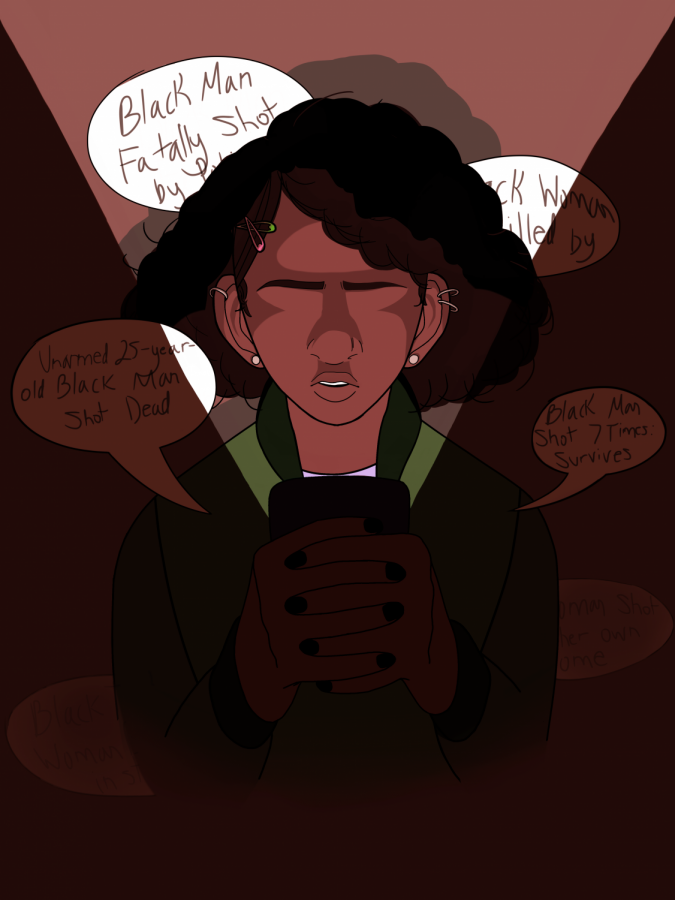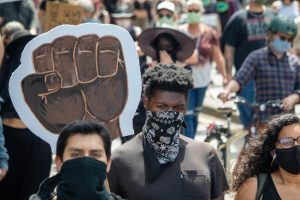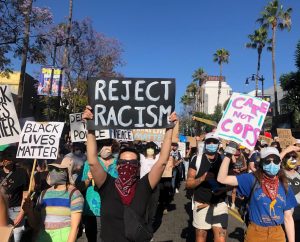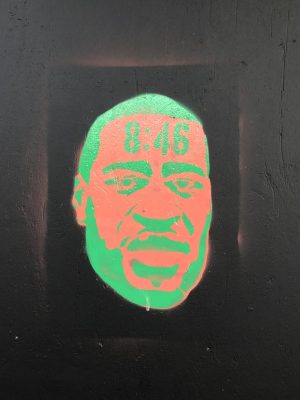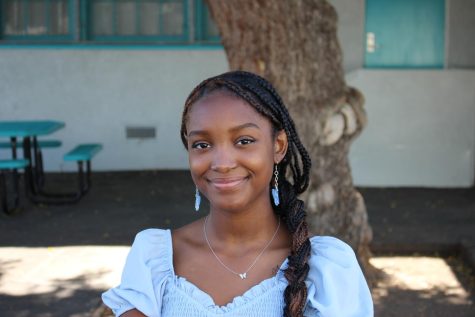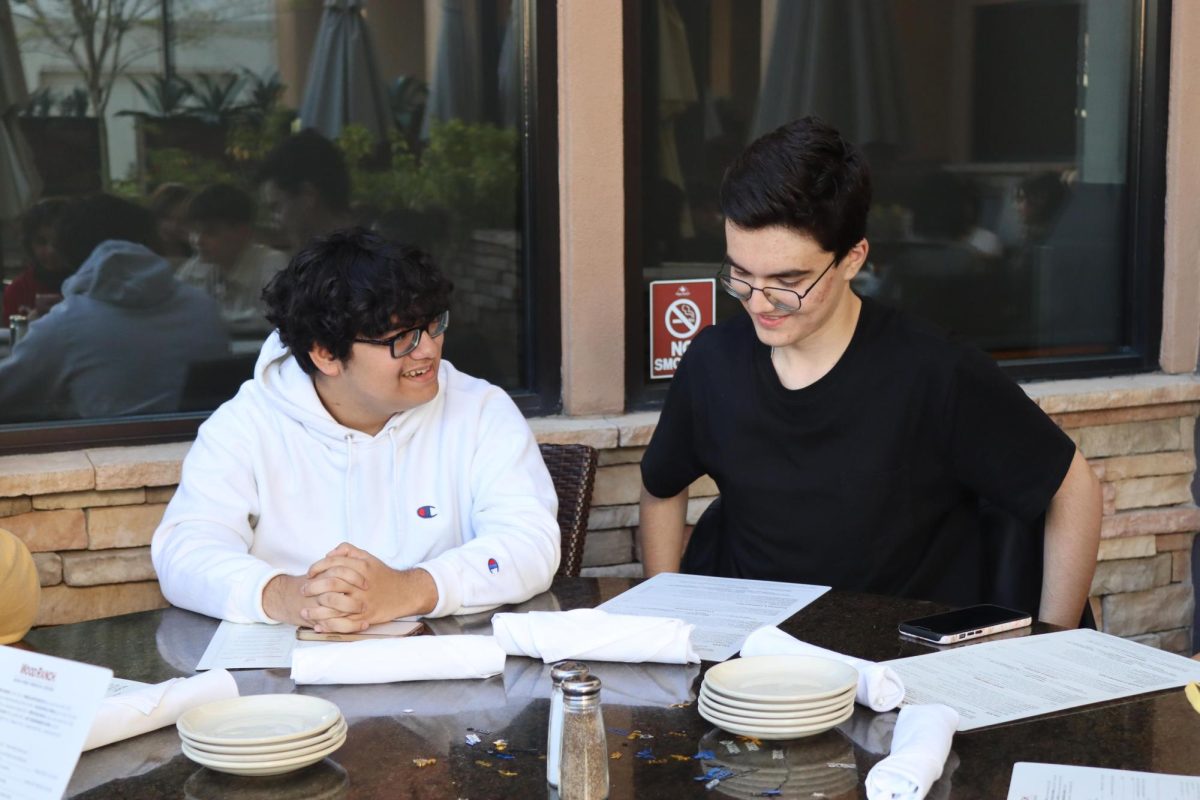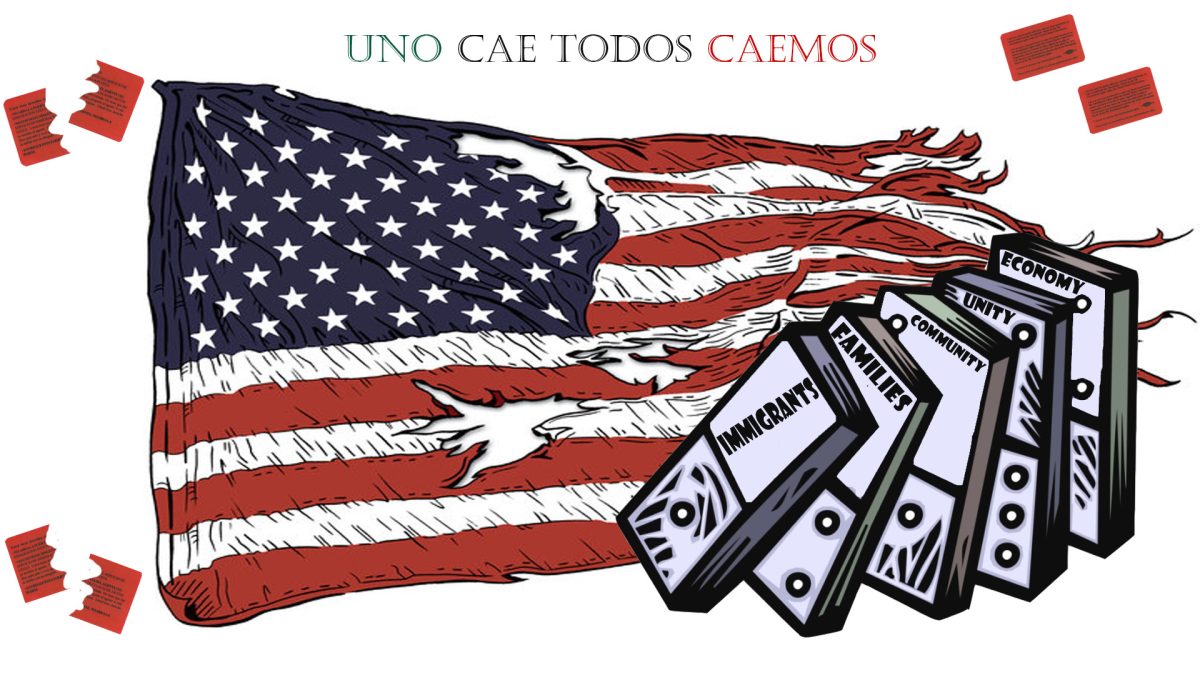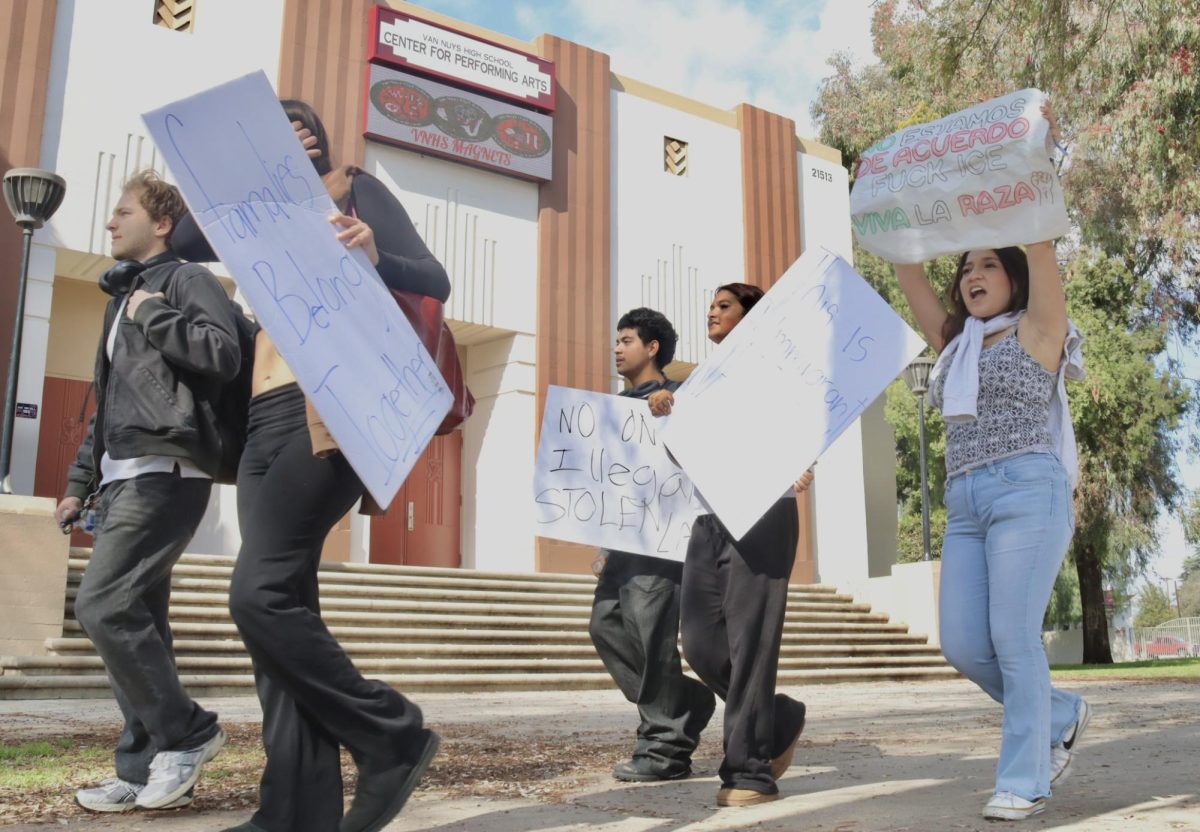Black lives’ mental health matters too
While online, Black youth are routinely exposed to information harmful to their mental and emotional health.
September 21, 2020
Seeing things such as traumatic events online or the police killings of George Floyd, Breonna Taylor, and Ahmaud Arbery can, in several ways, heavily contribute to the poor mental health of young people of color.
In a study released in 2019 by the Official Journal of the American Academy of Pediatrics, suicide attempts among Black youth have risen 73% between 1991 and 2017. Suicide is now the second leading cause of death among 10 to 19-year-old Black youth, while suicide rates of white adolescents have lowered. In an effort to stop this from continuing, the causes must be looked at.
According to a 2015 study released by the Substance Abuse and Mental Health Services Administration, 9.1% of African-American adolescents reported a serious depressive episode within the past year while only 40.6% of them received treatment. The reasons for this are: either their parents didn’t want to get them help or their local healthcare facilities just didn’t care enough about helping them. There are so many walls Black people have to go through just to get the proper help that they, and every other human being, have a right to. It’s about time people become more open-minded about mental health and getting help for it, just as it is time for the structural racism in the American medical field to stop.
There are three big things that contribute to the poor mental health of these people: police brutality of Black people seen online, overt discrimination and treatment issues for mental health.
The fact that traumatic online events and police killings of Black people contribute to kid’s poor mental health isn’t surprising, but it is somewhat new. As recently as the early 2000s, it wasn’t possible to capture a video of something like police brutality and put it on the internet for everyone to see. You either saw the event yourself, heard what happened from somebody who saw it, or you learned about it from the news. Now, anyone can see these disturbing events, including Black youth.
Another factor that heavily contributes to these kid’s poor mental state is simple, overt discrimination. A report released by The American Phycological Association, in 2017, stated that perceived discrimination has been shown to contribute to mental health disorders among ethnic groups. Another report, released by the Office of Disease Prevention and Health Promotion, states that everyday discrimination can turn into a constant stressor and increase one’s chances of developing a mental illness.
There is a certain stigma about getting help for your mental state in the Black community that not a lot of people know about. A lot of African-American guardians think that if their child gets help, they would be labeled as “crazy” and that they just need to grow up and get over it, but this mindset can be very hurtful toward their kids. The adults in the Black community should be working together to get their children good mental health care instead of keeping the mentality of, ‘This is how we’ve always done it.’
Mental health facilities also have a lot of racial inequities engraved in their system. This has really put the brakes on any type of strides taken to improve the mental health of adolescents of color. According to an article released by The American Psychological Association, in 2020, Black youths are less likely than their white peers to receive any treatments for depression, and when they do get treatments, it’s usually through the juvenile justice system. It’s things like this that need to change. Everyone has a right to receive good healthcare but for some reason, people want to corrupt an already tainted system.
It’s understandable to be ignorant about things, but it’s your job to educate yourself when that ignorance becomes a problem. Black caregivers out there, please educate yourselves and try to get your child the best health care you possibly can. To the Black youth reading this, always be careful of what you consume online. The fact that the internet has access to photos and videos of police brutality isn’t a bad thing. But it can be when your mental health is at stake.
When you see things like this, don’t be afraid to talk to your friends and family about the state the world is in and about your own mental health. To any school administrators, in times like this, it’s essential you reach out to your Black students and try to provide them with the mental health care they may not be getting.
The importance of mental health can be so easily overlooked when it comes to the Black community. It’s always important to remember that Black lives’ mental health matters too.


